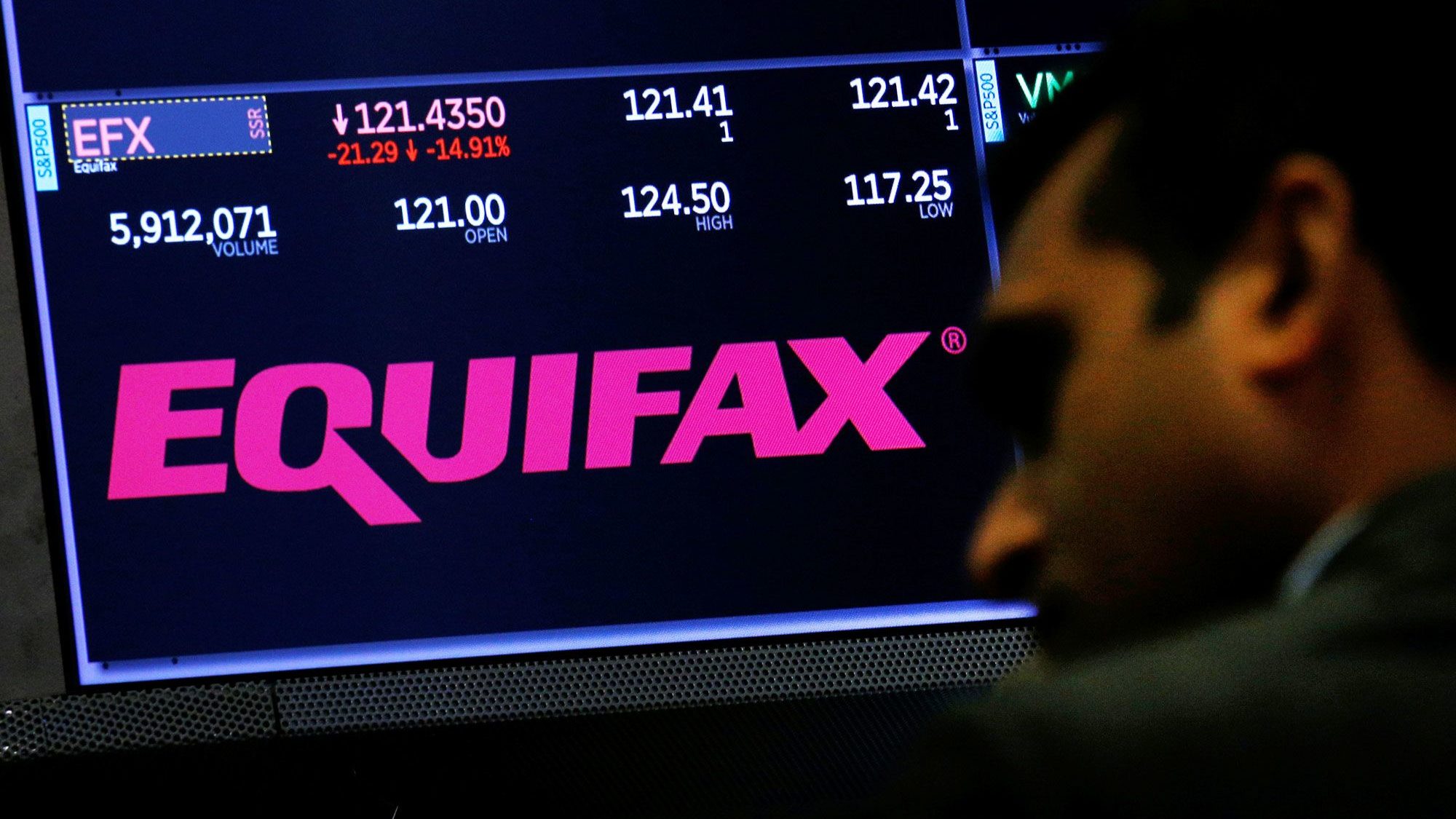
Reimbursement for the claimed loss through other means. Or identity theft protection) incurred during the Extended Claims Period if you have not received Of money and time associated with freezing or unfreezing credit reports or purchasing credit monitoring If you were impacted by the Equifaxĭata breach, you may seek reimbursement for valid Out of Pocket losses or Time Spent (excluding losses The cap on this is expected to be $10,000 to $25,000. Mail.Īside from the cash payment of up to $125 for being a class member, the Equifax class action settlement will recoup losses for those that can provide evidence. ForĪdditional security, Extended Claims Period claims for minors may only be sent by U.S. Monitoring or up to $125 cash payment and other cash reimbursement passed on January 22, 2020.
#Equifax data breach settlement email legit for free
Initial deadline to file Initial Claims Period claim(s) for free credit If you are a class member, the extended deadline to file claims has been moved up to January 22, 2024.

Services will be available for at least 7 years after January 11, 2022, which is the Settlement Effective Date for this open class action. Those that qualify will be eligible for at least 7 years of free assisted identity restoration services to help you remedy the effects of identity theft and fraud. Judgment or finding of wrongdoing was made.Įquifax is also offering Free Identity Restoration Services to those who have had their information impacted. Resolves lawsuits brought by consumers after the data breach. A federal court approved a class action Settlement that In September 2017 Equifax announced it experienced a data breach, which impacted the personally identifiable information of approximately 147 million people in the United States. Regardless, I’m off to pump a few “free” gallons of gas.Share Claim Form Deadline: JanuEstimated Payout: $125.00 - $250.00 Proof required: No Method of payment: PayPal /Ī $425 Million class action settlement has been agreed on with Equifax over a massive data breach that took place several years ago. If these consequences neither deter future cyber-negligence nor compensate victims for harms experienced, what, then, are they for? Unfortunately, some argue they are ‘mostly exercises in public relations,’ remediating the reputation of both regulators and companies alike.” Settlements like the Equifax one “neither affect the business practices of these global giants, nor do they provide adequate remedies for the victims harmed. “Even when companies are unquestionably at legal fault, the victims of data malfeasance are frequently unable to receive adequate compensation, if anything at all,” writes Indiana University law professor Joao Marinotti in an NYU Law Review article. While I’m happy to have a few more dollars in my bank account, I’d be even happier if Equifax had been truly held accountable for its egregious data breach. Even if the average payment were $15, that would mean close to 10 million Americans filed a claim, or 6.7%. If it were $5.20, that would mean 28 million Americans filed a claim, or close to 20% of eligible individuals.

It is hard to know the average payment made by Equifax, but it appears to be quite low. I questioned this forecast in 2019: “was it reasonable to assume that only 248,000 would want to at least get some money back after Equifax’s egregious handling of their data? Was it reasonable to assume that there wouldn’t be more anger and a desire to make Equifax pay for its security lapses?” That translates to a forecasted claim rate of 0.17%. With a purported settlement payment of $125 and a fixed pot of $31 million, Schoshinski appears to have calculated that only 248,000 Americans would file a claim and ask for the cash payment.


 0 kommentar(er)
0 kommentar(er)
